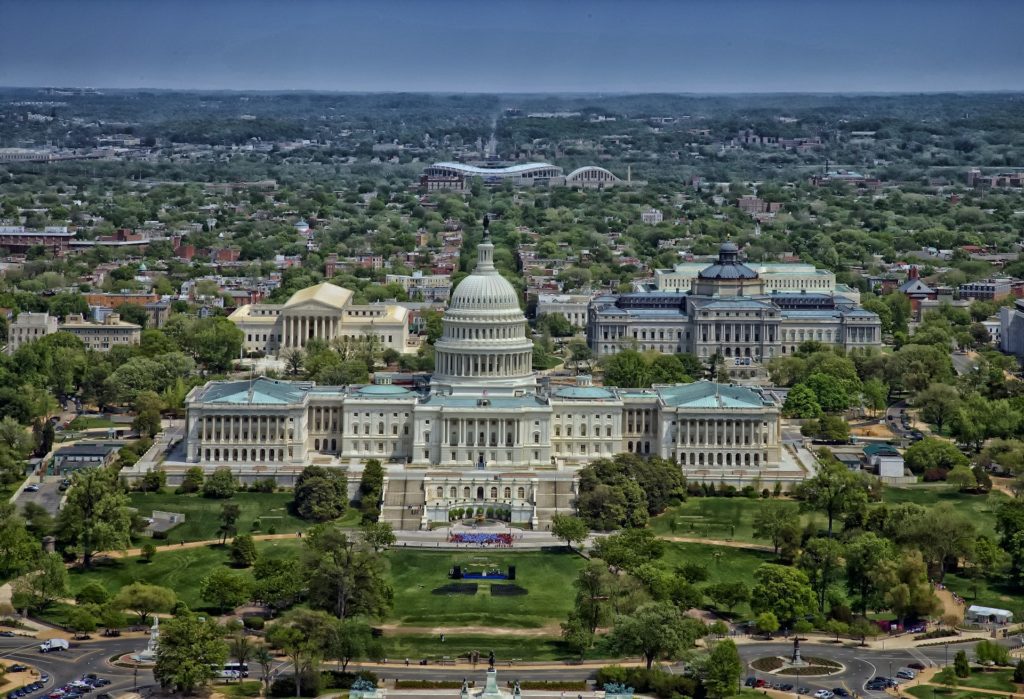This summer has been steeped in challenges that have grown me in indescribable ways. The experiences that I’ve been privileged to encounter have been extraordinarily formative and have broadened my horizons. As I close out my last week in DC, I’ve been reflecting on my time this summer and all of the incredible people that I’ve had the benefit of meeting and working alongside. After thinking over the various organizations and site mentors that I’ve worked with this summer, I’m finally beginning to realize how broad the definition of activism is. Coming from an upbringing in a small, rural town and living a very apolitical life up until recently, this summer was new in many ways. My commute time quadrupled, everyone became a stranger, my work became very real, and my political and theological dispositions that I had carefully crafted in my sheltered upbringing were exposed. I quickly realized my insufficiency and I became very aware of my privileged identity. It was through all of this, however, that I was finally able to catch a small glimpse of what public theology actually is. It’s a dynamic and ever-evolving lived reality. The moment we think ourselves settled is the moment that we give into arrogance and egoism.

Consistent challenge is a necessary aspect of growth. I think this blog has been one of the outlets that has helped me to grow this summer. It is a collection of thoughts, feelings, interactions, and hopefully a series of sparsely connected beliefs that tell the story of my summer. It questions and challenges, admittedly too boldly sometimes, the structures and institutions that I worked with and against this summer. It tries to posit answers. It challenges–or at least I hope it does. My goal in writing these blog posts was that I would be able to challenge not only myself, but also my readers.
My opinion is one among a vast multitude of others. It’s probably presumptuous and it is definitely underqualified, but it’s my best attempt at an answering the challenges that presented themselves. My thoughts here have resulted from past experiences informed by present encounters and future hopes. This summer, one of the first things that I was shown in my work is that there are some deeply ingrained problems in the foundations of our country, and living out theology means identifying and uprooting them. It means that we must reconcile with a history that is steeped in things like racism, sexism, American exceptionalism, and many other -isms. It means that we must identify the modern iterations of these perils and use our collective voice to do something about it. It means that some of us must leave positions of comfort and safety and join people who’ve been fighting for decades. It means that we must not just think think from our own perspectives but ensure that we are hearing others.
This summer, I’ve seen remarkable people like Kris Norris, Jane Adams, Irene DeMaris, Jeania Ree Moore, and so many others live out their theology and persistently challenge one another to avoid complacency. These inspirational mentors have helped me immensely throughout the summer. They’ve challenged me and helped me realize the work that lies ahead of us. They have shown me that despite the overwhelming brokenness that is our current political climate, we must continue to strive for something greater. We must continue to find hope in our work both personally and systemically. As Senator Cory Booker puts it, “Hope is the active conviction that despair will never have the last word.” I hope that my blog this summer has been the challenging voice of hope that I intended it to be, and that its readers were able to see some of the convictions and challenges that I had the opportunity to experience this summer.
